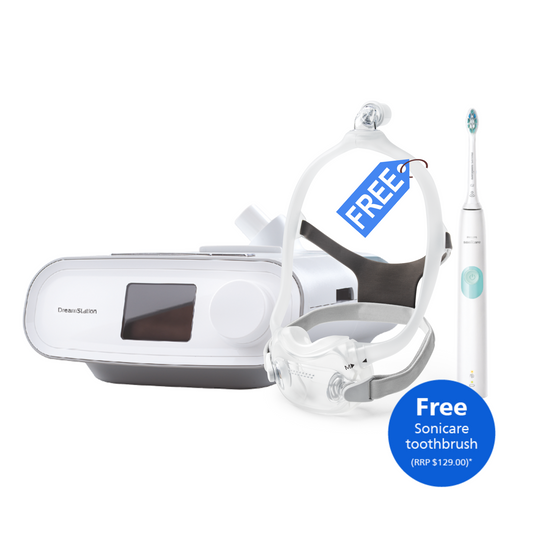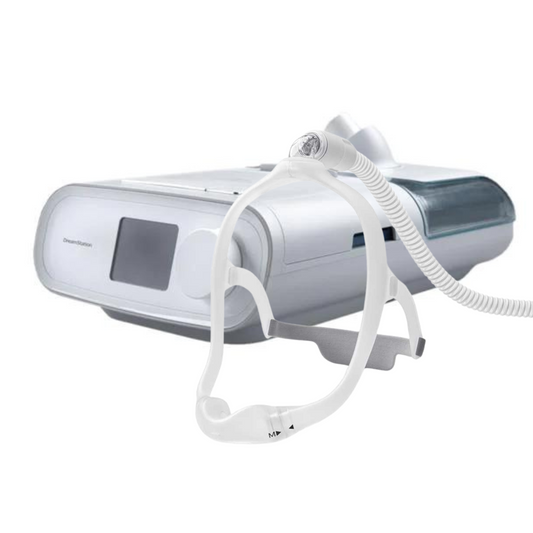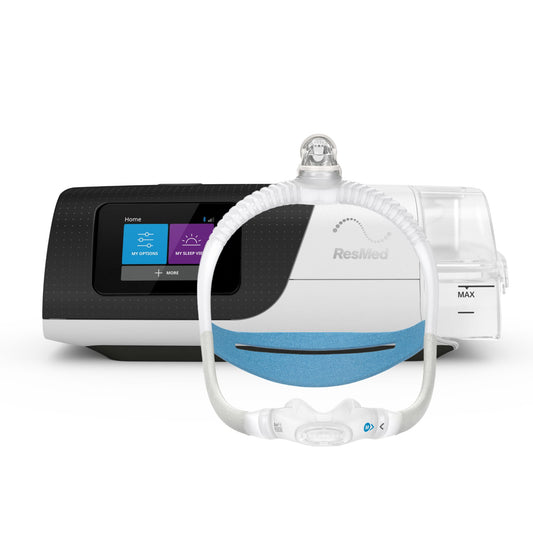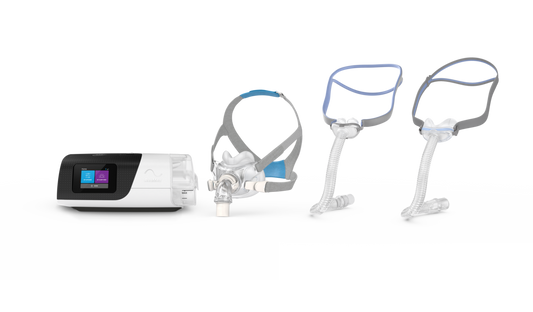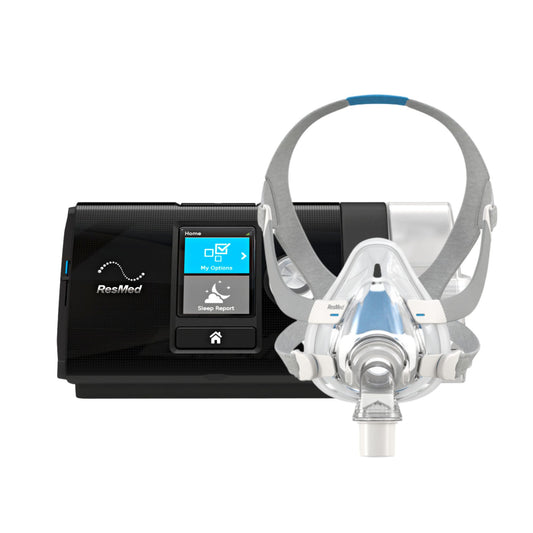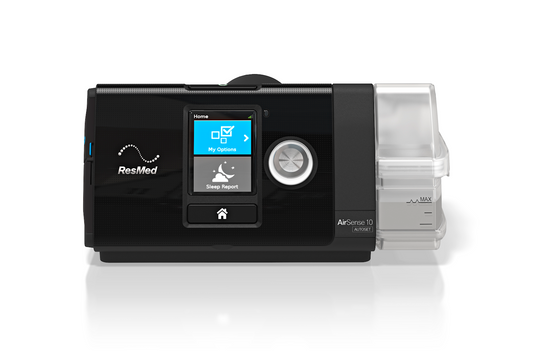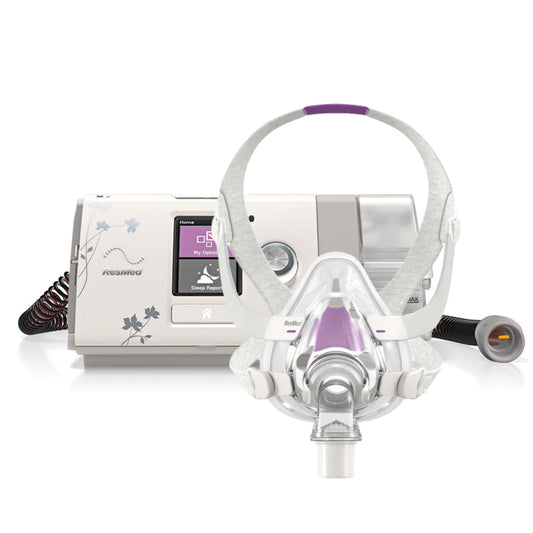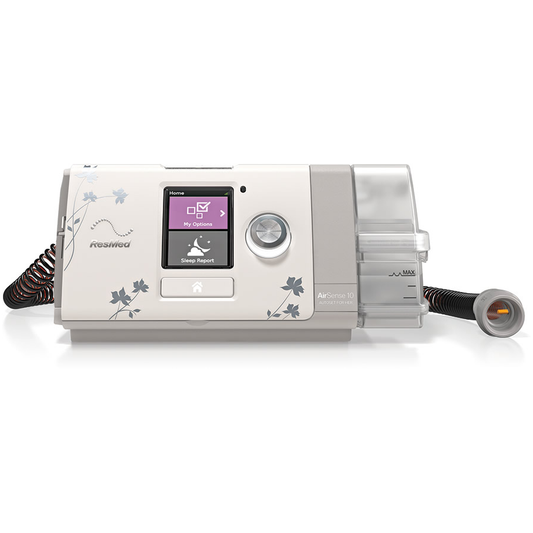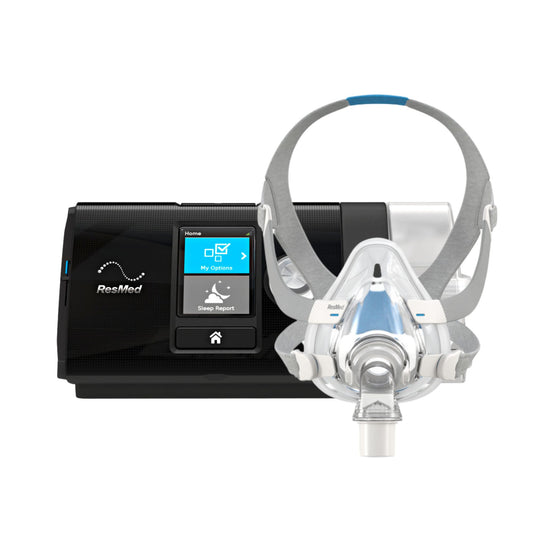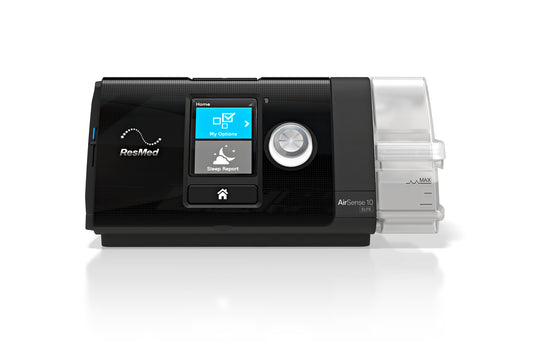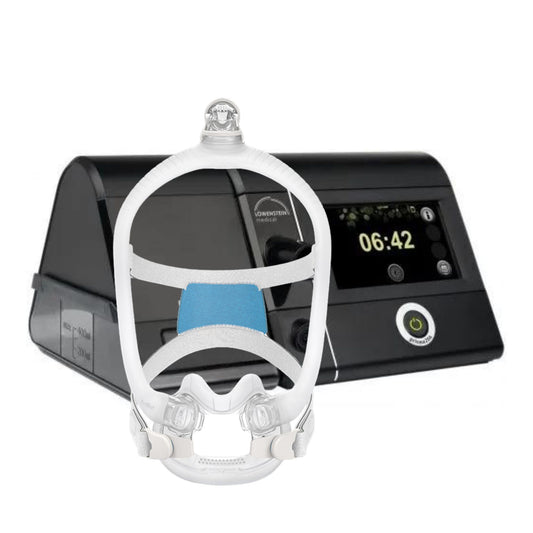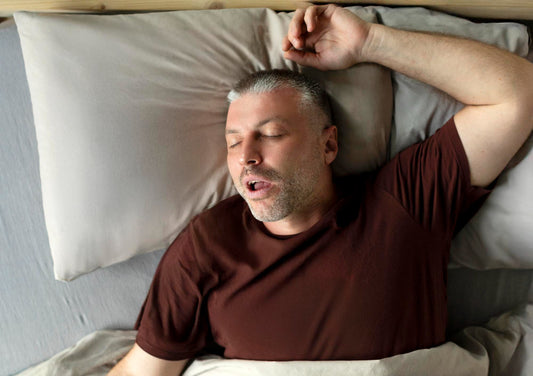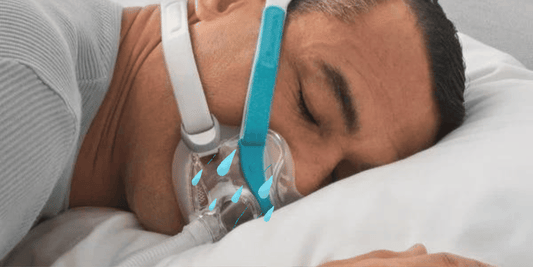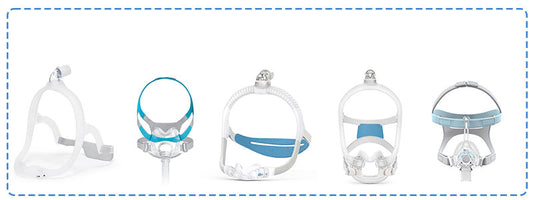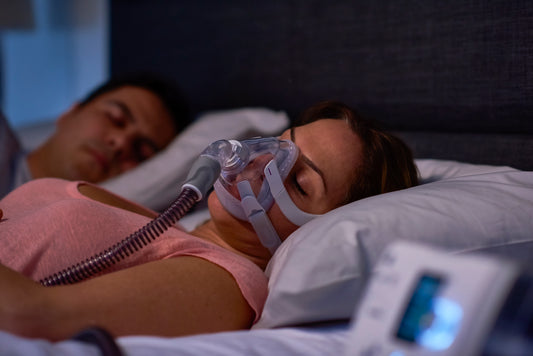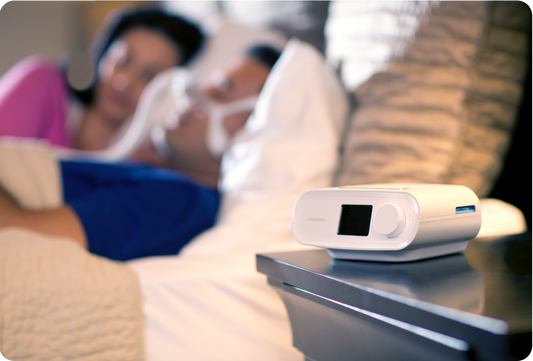In last week’s blog post, we presented that sleep apnoea has been linked to brain damage and stuttering. Now, which comes first? Sleep apnoea? Brain damage? Stuttering?
It is a fact that breathing problems during sleep decrease the oxygen flow to the brain. Of all the organs in the human body, the brain is the most sensitive to lack of oxygen. A reduction in the saturation level of oxygen causes hypoxia to the brain. Recurring decreased oxygen level to the brain triggers an increase of free radicals due to biochemical reaction. When the brain lacks oxygen for more than 30 minutes, neurons die. When the lack of oxygen is less than 30 minutes, as in breathing pauses in sleep apnoea, the neurons can be re-oxygenated. However, the process of re-oxygenation damages the neurons due to the biochemical reactions of the free radicals.
Neuron damage leads to its diminished functions, one of which is related to learning. Studies indicate that children, as young as 5 years old, with sleep-disordered breathing have low intelligence quotient, poor memory, vocabulary and verbal deficiencies, and poor performance in school when compared to children without sleep-disordered breathing. Sleep-disordered breathing may refer to noisy breathing, snoring and the more serious obstructive sleep apnoea. Research indicates that children 6 to 16 years old diagnosed with obstructive sleep apnoea have an increased probability of frontal cortex and hippocampus damages; where language and long term memory are affected.
Based on this information, it is safe to conclude that when a child exhibits sleep-disordered breathing it is best to consult a qualified doctor to identify and treat the disorder in order to prevent possible brain damage.
In reference to last week’ post where test subjects with OSA showed less gray matter in their brain when subjected to magnetic resonance imaging (MRI) scan, the tissue loss was more apparent in the brain regions that controls emotion, speech, memory, respiration and motor control. These results suggest that stuttering may be an influencing factor for developing or acquiring sleep apnoea.
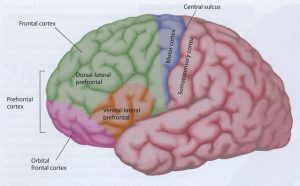
These researches seem to present a cycle. First, people with brain damage and who stutter have an increased chance of developing sleep apnoea. Second, people with brain damage due to sleep apnoea have an increased chance of stuttering.
In conclusion, sleep disorders may aggravate stuttering by damaging neurons due to deficiency in removing free radicals; triggering the genes related to stuttering; diminishing the cognitive functions linked to fluency in speech; and damages to both the posterior cortex and orbitofrontal cortex.
If your child stutters or has sleep-disordered breathing, bring him to a qualified sleep doctor for consultation. OR Call us now at 1 300 750 006.
References:
http://www.mnsu.edu/comdis/isad16/papers/merlo16.html
